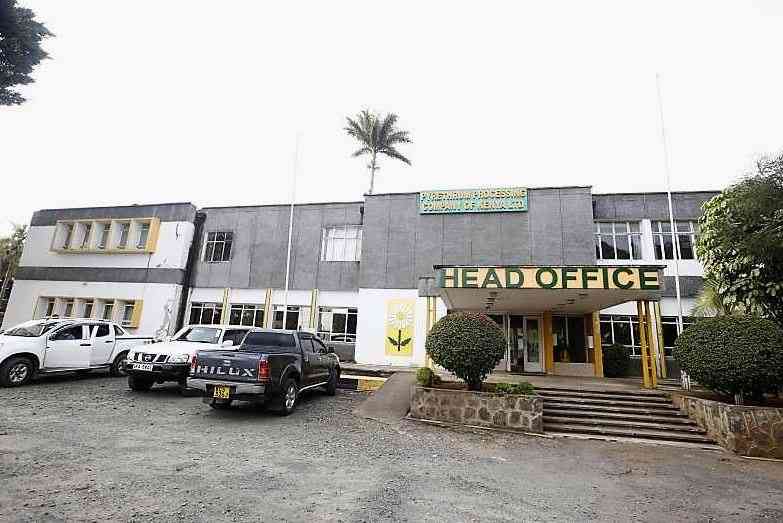
The Work Injury Benefits Act (WIBA) is a pivotal piece of legislation in Kenya, designed to safeguard employees against injuries and occupational diseases sustained in the course of their employment.
Enacted in 2007, WIBA replaced the Workmen’s Compensation Act, aligning Kenya’s labour laws with international standards and emphasising the rights and welfare of workers.
Before WIBA, the Workmen’s Compensation Act governed compensation for work-related injuries.
However, it was deemed outdated and inadequate in addressing the complexities of modern workplaces.
The introduction of WIBA in 2007 marked a significant shift, providing a more comprehensive framework for compensation and emphasising employer accountability.
Benefits for employers
WIBA insurance ensures that employers meet statutory obligations, reducing the risk of legal penalties.
Financial protection: By transferring the liability of compensation to insurers, employers safeguard their businesses from potential financial strain arising from workplace injuries.
Benefits for employees
For employees, it enhanced reputation, demonstrating a commitment to employee welfare can enhance an organisation’s reputation, attracting talent and fostering trust.
Medical expenses coverage: WIBA insurance covers medical costs incurred due to work-related injuries or diseases, ensuring employees receive necessary treatment without financial burden. (
The medical expenses are covered as per the limit of the policy).
Compensation for disability or death: In cases of permanent disability or death, employees or their dependents receive compensation, providing financial security during challenging times.
How to Launch a WIBA Claim
Stay informed. Subscribe to our newsletter
Immediate reporting: The injured employee should report the incident to the employer as soon as possible, detailing the nature and circumstances of the injury.
Medical examination: The employee should seek medical attention promptly. The attending doctor will provide a medical report outlining the injury’s extent and recommended treatment.
Employer’s notification: The employer is responsible for notifying the insurance provider about the incident, submitting necessary documentation, including the medical report and incident details.
Claim assessment: The insurance company will assess the claim, which may involve further medical evaluations or investigations to determine the claim’s validity and compensation amount.
Compensation disbursement: Upon approval, the insurer will disburse the compensation to the employee or their dependants, as applicable.
It is prudent to note that the employer must notify the Director of Occupational Safety and Health Services (DOSHS) within a specific timeframe (7 days for non-fatal incidents, 24 hours for fatal incidents). A claim form must be completed and submitted to the DOSHS within 12 months of the accident.
It’s crucial for both employers and employees to maintain clear records and open communication throughout the process to ensure a smooth claims experience.
WIBA insurance plays a vital role in promoting workplace safety and ensuring that employees are protected against the financial implications of work-related injuries or diseases.
By understanding its origins, benefits, and the claims process, both employers and employees can navigate the system effectively, fostering a safer and more supportive work environment.
The writer is an insurance expert
 The Standard Group Plc is a multi-media organization with investments in media
platforms spanning newspaper print operations, television, radio broadcasting,
digital and online services. The Standard Group is recognized as a leading
multi-media house in Kenya with a key influence in matters of national and
international interest.
The Standard Group Plc is a multi-media organization with investments in media
platforms spanning newspaper print operations, television, radio broadcasting,
digital and online services. The Standard Group is recognized as a leading
multi-media house in Kenya with a key influence in matters of national and
international interest.
 The Standard Group Plc is a multi-media organization with investments in media
platforms spanning newspaper print operations, television, radio broadcasting,
digital and online services. The Standard Group is recognized as a leading
multi-media house in Kenya with a key influence in matters of national and
international interest.
The Standard Group Plc is a multi-media organization with investments in media
platforms spanning newspaper print operations, television, radio broadcasting,
digital and online services. The Standard Group is recognized as a leading
multi-media house in Kenya with a key influence in matters of national and
international interest.












